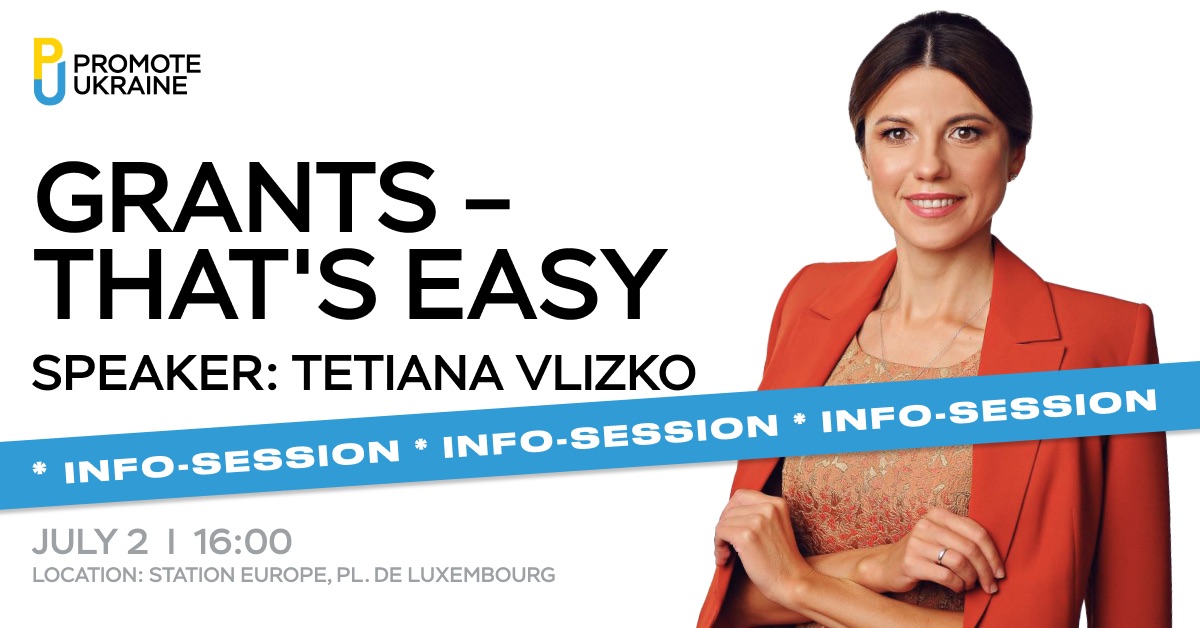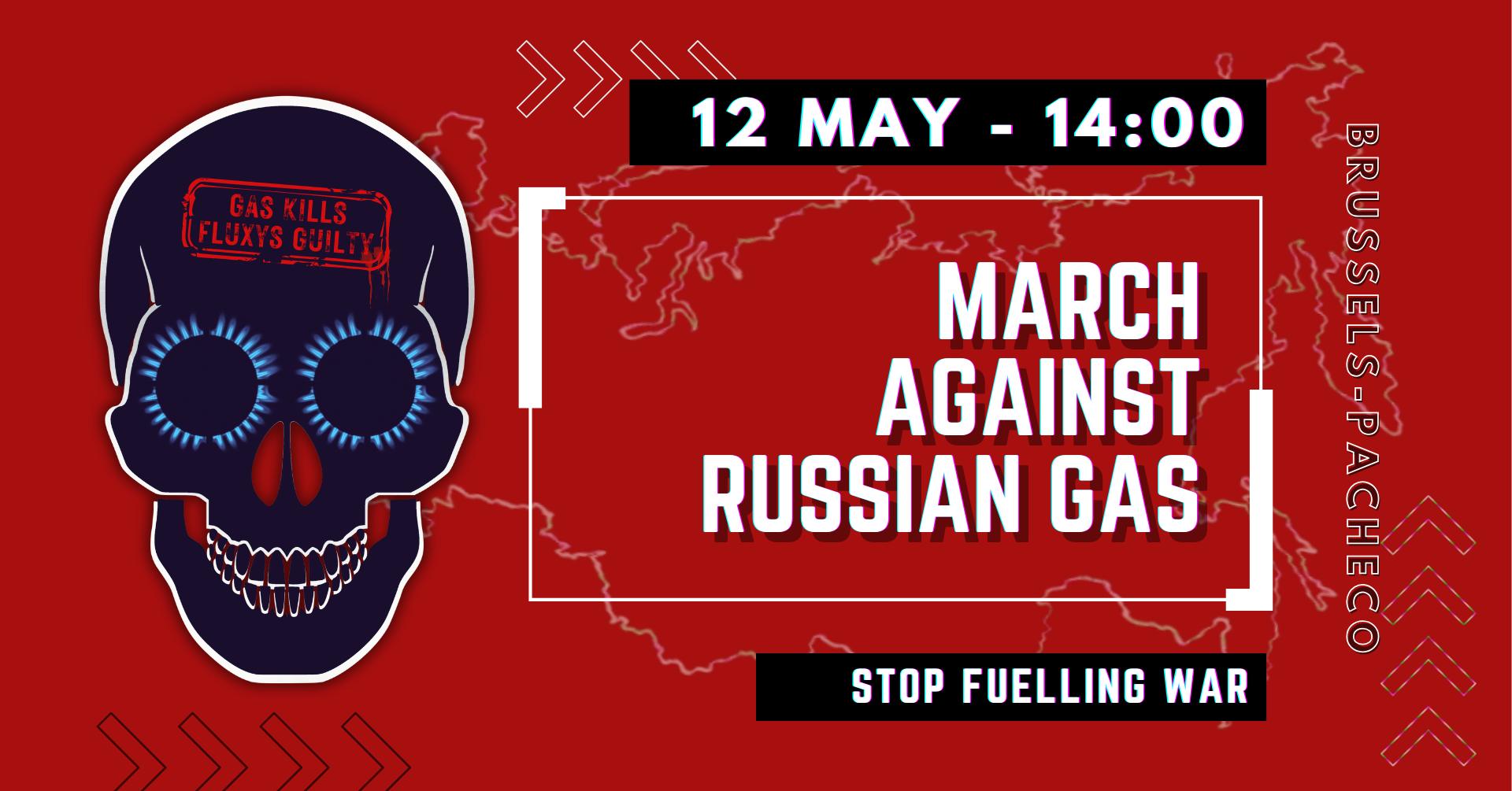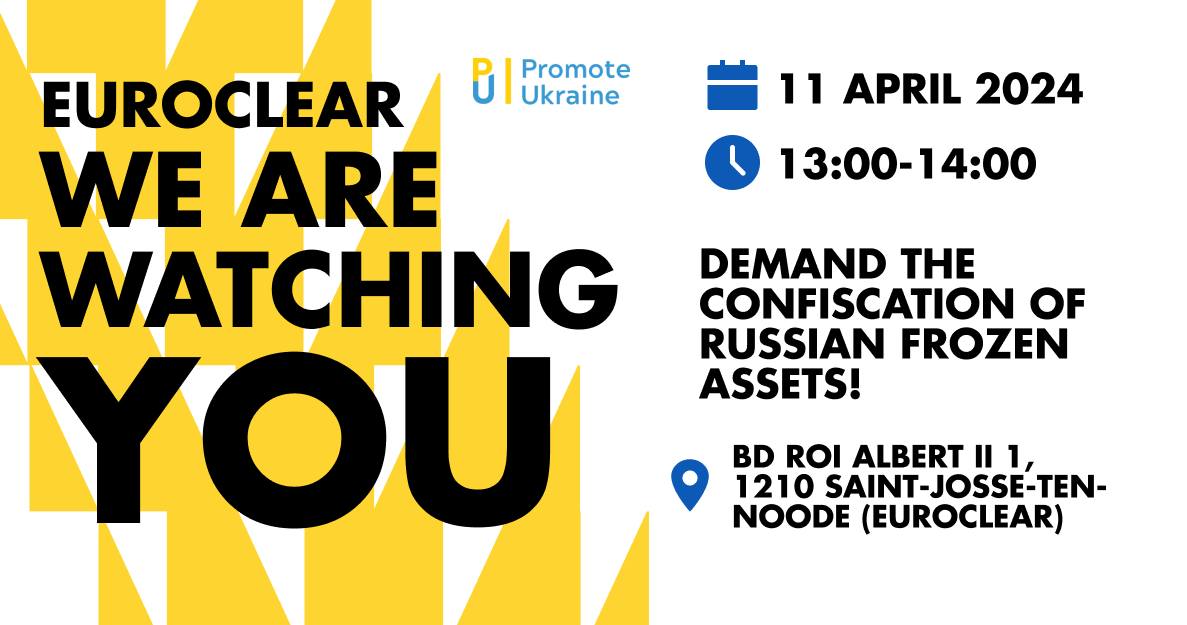In an interview with the Head of the Innovation and Entrepreneurship Agency of Flanders (Vlaio) Mark Andries, we tried to learn the secrets behind the Belgian economy’s success. An innovative approach and responsible business practices are the main preconditions of economic growth and prosperity, according to Mark. It is also crucial that the next government continues, rather than stops, the good initiatives of its predecessors.
Mr. Andries, thank you very much for receiving us and agreeing to an interview. Our first question is, do you have any special relation with Ukraine?
Marta and I (One of the interviewers – Ed.) know each other from my former job, where I worked for four years. I used to be a chief-of-staff to the former Flemish prime minister, who was also responsible for foreign trade in Flanders. In my current job, until now, there has not been much connection to Ukraine. There probably could be some within our international activities, but until now the relationship of Vlaio with Ukraine is rather limited. But, of course, we are interested in what is happening in the country, which is so close to the European Union, which is so frequently in the news, and which can bring business opportunities for our companies.
You say that the relationship with Ukraine is limited? Does this have something to do with Russian sanctions, which also impact Ukraine and the crisis in general?
The sanctions and the escalation between Russia and Ukraine, which escalated into the crisis between Russia and the EU, are very important as they influence a part of Flemish economy. It is primarily about the agricultural sector, especially fruit growing. A lot of our famous Flemish pears were exported to Russia. But after Russia implemented the sanctions against the EU, Flemish pears were no longer welcome in Russia. So, it is important for this part of our economy.
Do you know of cases where companies tried to bypass sanctions by trading via third countries?
I have no knowledge of this. And this is not what we are focusing on. It is important to know that we are a Flemish agency for entrepreneurship and innovation. Our focus is therefore on promoting new entrepreneurship in Flanders and supporting existing entrepreneurs, especially when they have ambitions for growth. Our aim is also to promote innovation, in particular with economic valorisation. Our colleagues at Flanders Investment and Trade (FIT) are promoting Flemish trade, attracting foreign investors into Flanders, and supporting Flemish companies when they look abroad for internationalisation. This is the division of the work between Vlaio and FIT but, of course, we cooperate very closely.
You support companies which operate in special fields? Could you give an example?
There is no single sector or field of the economy where we want to stimulate innovation. Every company in Flanders therefore can apply to us for support with their innovation project. There is no part of the economy in which we don’t work, with the exception of the agricultural sector, which is beyond our scope. All other companies can apply for grants.
Do you currently prioritise any field, such as cybersecurity?
The Flemish government made an action plan on artificial intelligence and an action plan related to cybersecurity. A budget is involved for this action and part of this budget goes to companies that file innovation projects in this field. These might be companies from any sector, as the issues of artificial intelligence are now important across all industries, and not only the IT sector. It is a kind of prioritisation, as well: because of the action plan on artificial intelligence, we have more money to subsidise those projects.
Furthermore, the Flemish government has appointed six spear head clusters. Clusters are groups of companies who unite to innovate together. We support those cluster organizations, but we also earmark a part of our budget for projects introduced by the spear head clusters. These are sustainable chemistry, food and agro-food, energy, the Blue Economy, materials, and logistics. We allocate part of our budget to the projects of companies working in these six fields, but, of course, ensure there are enough funds left for other projects.
Is there any international association you participate in and from which Ukraine can learn?
We are an innovation agency and I think that most EU countries, and countries outside the EU, have innovation agencies. There is one strong network involving all innovation agencies within and beyond Europe, called TAFTIE (the Association for Technology Implementation in Europe – Ed.), in which we are a very active member. Participation in this network is open to all EU and non-EU affiliated innovation agencies. To my knowledge, no Ukrainian innovation agency participates.
But is it possible for Ukraine to participate?
In my opinion, yes. Ukraine is a European country with an Association Agreement with the EU. However, there are some standards which must be met, and there is a procedure when a new agency seeks to become a member. TAFTIE members decide whether a new candidate for membership should be admitted. I am not aware of whether a discussion took place about Ukraine. It is very important to note that TAFTIE only allows agencies which are more or less independent from the government to join, so an agency cannot be a ministry.
Recent democratic shifts in Ukraine now lead us to describe the country as a “cradle of innovation”. A lot of new projects are boosted and developed. Have you heard anything about this?
I think that this is something we don’t know about in Flanders and in the EU. If this is happening now in a country so close to the EU, Flemish businesses should learn know about it too. Perhaps Promote Ukraine might play a role in promoting this information. To be honest, if people in Flanders only read about Ukraine in Belgian or international newspapers, then all they know about Ukraine is corruption and political difficulties. In the last few years, we have not heard much good news about Ukraine. I think that this could be frightening for potential investors. But if good things are happening in the field of innovation, for example at universities, or if new companies engaging in innovation are being established, it would be good if they are brought to the attention of the public, and especially the business community. This is what can give Ukraine a boost and raise positive interest in Ukraine.
About 20 years ago, Belgium was also quite corrupt. For example, some people say that just 10 years ago they could drink beer with a port inspector and “solve their problems”. How did Belgium get rid of corruption? Does it have to do something with automatisation?
I talk now about Flanders and its industry now. I think that it took significant investments into specific sectors, by successive governments, over a long time to overcome corruption. Since the 1980s every government has strongly concentrated on industry, renewing industries, and innovation. I look back to the 1980s, when the Belgian economy performed very poorly, unemployment was very high, and a lot of industries, like mines and textile companies, were closing, disappearing, and fading away. There was a lot of bad news in Belgium at that time, as in most of Europe. The Flemish government then said: we want to invest in a third industrial revolution, in new technologies, and, at the same time, we want to communicate about it to the public.
This was more than 30 years ago. Since then, each new government continued this policy by, for example, investing in strategic research centres like IMEC (An international research, development, and innovation hub, active in the fields of nanoelectronics and digital technologies – Ed.), which is now world famous. IMEC was founded more than 25 years ago, and we are only just now seeing the results. Overcoming corruption therefore requires targeted investments into specific sectors, and the commitment of successive governments with a forward-looking perspective. It is very important that when an outgoing government has implemented correct policies, an incoming government must not do something completely different. I think it is important to keep investing in right things. For example, Flanders is now very successful in biotechnology: very strong companies operate in this field. and we introduce new products to international markets. However, the basis for this successful was made not yesterday, but instead a long time ago. This explains our economic success and the fact that we have such strong innovative companies.
But can we talk about the shift in the mentality? When did people stop doing business via their “friends”, i.e. politicians? This is a huge problem in Ukraine.
Attitudes have indeed changed. In the 1970s, when people wanted to get something from the government – such as, at that time, a fixed telephone line – they went to politicians, or someone in the government, whom they knew to get it faster. People who wanted a fixed telephone line normally had to wait, sometimes for almost a year, and those who didn’t want to wait so long tried to contact people in the government to arrange it for them. At this time, only one state-owned telephone company existed; now there are no such monopolies. What you call “friends in politics” is “I know somebody who knows somebody who will fix it for me.” This kind of mentality has disappeared.
Because of the disappearance of monopolies?
I think that is very important, but it’s also because the mindset within state companies and agencies has changed drastically. In the agency like ours, this could not happen. We are professional, we follow clear procedures on how to deliver services. A strong shift towards a professional civil service took place. And government companies now mostly are in competition with private companies, so they no longer can afford to work like that and to force people to wait for so long.
Another shift of mentality is about entrepreneurship, which did not have a good image 5-10 years ago. Not many people wanted to start a business. Now we see that students who are still studying are starting their own business. They now see it as a perspective for their career. And the number of new start-ups is really very high now. I think this is a success.
This is also about the ability to take responsibilities, and about paying taxes. How did the Belgian government make people pay their taxes?
For me, it’s simply normal for everyone to pay taxes. We live in a country where government services are important and these services are paid for through taxes. People can go to school and use public transport, roads, and airports. This has to be paid by somebody. Paying taxes makes governments function. We can discuss, surely, the level of taxation. If you go out on the street and ask people if they are too heavily taxed, they will reply: “yes, we pay too much.” There can be political discussion of whether tax should be decreased. I think they taxes shouldn’t be too high, so people are still motivated to work. But paying taxes is the responsibility of every citizen and corporate social responsibility dictates that companies should fairly pay tax. Most serious businesspeople accept this principle.
There are a lot of parallels between Belgium and Ukraine. Both countries are multilingual. You also have Flanders and Wallonia, where Flemish people say that they “pay for Walloons” through heavy government subsidies. How did you solve this problem?
This is a political question. I can talk about Flanders, but I cannot say anything about Ukraine. In Flanders, as a result of a successful state reforms, broad autonomy was given to two regions – Flanders and Wallonia, and also the Brussels region. For Flanders, this has worked and our economy became stronger. We can implement tailor-made economic policies here that are different from the policies of Wallonia. But Wallonia has to find its own way. There are a lot of challenges. For Wallonia, these challenges are primarily concerned with the high level of unemployment. But government and industry have to find their own way; we cannot tell them what to do. The same is true for Ukraine; it should find its own way to success. In which specialisations does Ukraine wish to invest? It is not for somebody else to make that decision. But, of course, Ukraine needs investments, strong policies, and a lot of support from society and industry to become a successful country in the global economy.






 UA
UA FR
FR DE
DE




